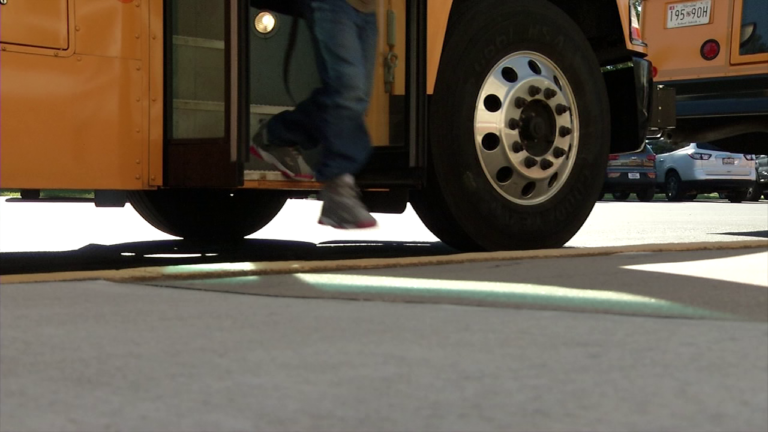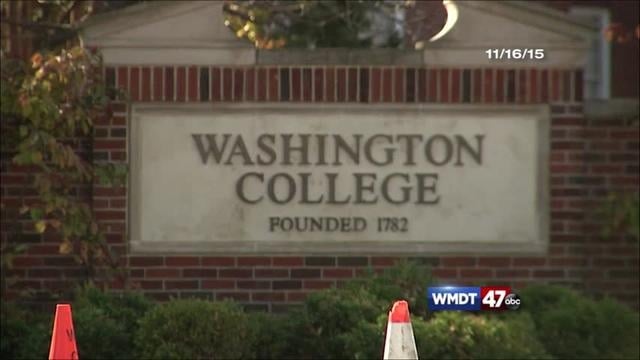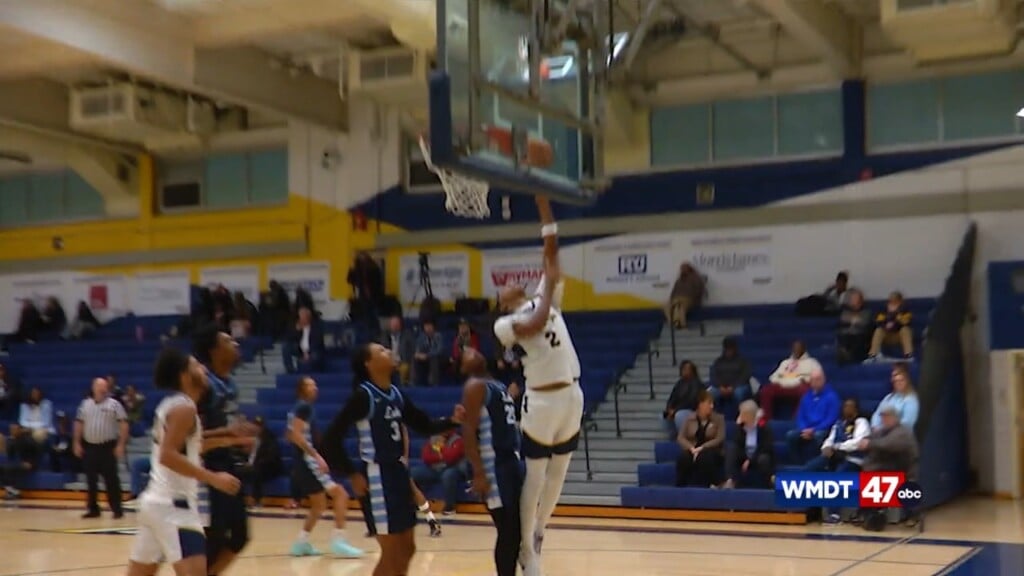Vouchers and ESAs, what this means on Delmarva

With Betsy DeVos now the head of the U.S. Department of Education and the White House budget proposing millions in federal spending for a new private school voucher program many are now wondering what that will mean for the state of education as we know it.
Michael Chartier, the Director of State Engagement for Ed-Choice, a national school choice advocacy group tells 47 ABC that there are essentially two private school choice programs out there right now: vouchers and education savings accounts.
In a voucher system, states collect taxes, calculate the average cost to educate a child and that amount of money goes to a parent either as a check or a voucher, to spend on the private school of their choice.
The education savings account works similarly to the voucher system, but it allows the parent to use the money on any number of educational expenses; from private school, to tutors, text books, or even online curricula.
Chartier: "We believe every student, regardless of income, where they live, what their family background issues, should be able to receive the money set aside for their education. We absolutely believe that."
At this time, only a few states have approved voucher or education savings account programs.
Here on Delmarva, the only school vouchers available is through the Boost program, in Maryland. It's a small voucher system that awards scholarships to low income students, on a first come first serve basis.
There are currently no ESA programs in any of the three states; however, Virginia and Delaware lawmakers did try introducing legislation in recent years.
The Parent Empowerment Education Savings Account bill, introduced in Delaware in 2015, hasn't seen any movement since it was amended last year.
In 2016, an ESA bill actually passed in Virginia, but Governor Terry McAuliffe vetoed it.
A similar bill was introduced in 2017. It passed, and yet met the same fate on the Governor's desk.
McAuliffe gave a number of reasons for the veto in 2016 and in 2017, which reflect many of the concerns expressed by opponents nationwide.
There were "Constitutional questions" about public funds being used for sectarian or religious schools, concerns that it would creating an "unfair system" which some civil rights groups worry could promote segregation.
McAuliffe stated in his 2016 veto of House Bill 389, "Our goal is to support and improve public education across the Commonwealth for all students, not to codify inequality."
Dr. Dan Domenech represents public school superintendents across the nation, "If parents want to send their children to a private school, they do. They have that choice already. But to take public dollars now to pay for that tuition. That we have a problem with."
Public School educators say one of the most troubling parts of the President's 2018 America First: A Budget Blueprint to Make America Great Again budget plan for education is the proposed $1 billion increase for Title 1.
The Title 1 program, in the form of federal grants, helps struggling students living in impoverished areas. Typically, an investment in a program like this wouldn't raise eyebrows.
But in this case, it's drawing criticism because that increase is being offered as an incentive to school districts to adopt school choice.
Supporters say it gives struggling students a chance to transfer to a higher performing school.
However, public school educators worry attaching funding, especially Title 1 funding, to the individual student would hurt schools that already have successful resources in place.
"In Worcester County," explains Dr. John Quinn, with Worcester County Public Schools, "we've been blessed, in that our Title 1 schools, our schools that have our highest number of kids in poverty, are very high performing. And as a school district we've been very innovative."
Dr. Donna Hanlin, superintendent of Wicomico County Public Schools, "What you're really doing is pulling money from our schools that have the greatest need. It would impact the number of teachers that we have. It would impact the programs that we offer in our Title 1 schools."
But Chartier says giving parents choices will force all schools to be competitive for enrollment dollars, including struggling schools, "Public schools can improve and are able to improve and in fact do improve when choice is introduced into their area."
Dr. Domenech strongly disagrees, "Well, how are they going to improve with less money? People that say that money doesn't matter. When you look at the results, the achievement scores in public education, there is a perfect correlation between the amount of dollars that are spent per pupil and performance."
Domenech claims schools across the country are trying to move towards Competency Based Education, but budget cuts only hinder that progress.
The final part of 47 ABC's Special Report: State of Education, public school leaders explain this approach and tell us why they view it as the change that is needed in education.


